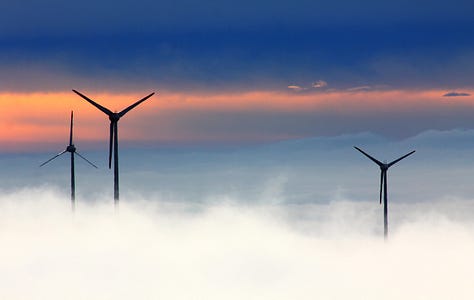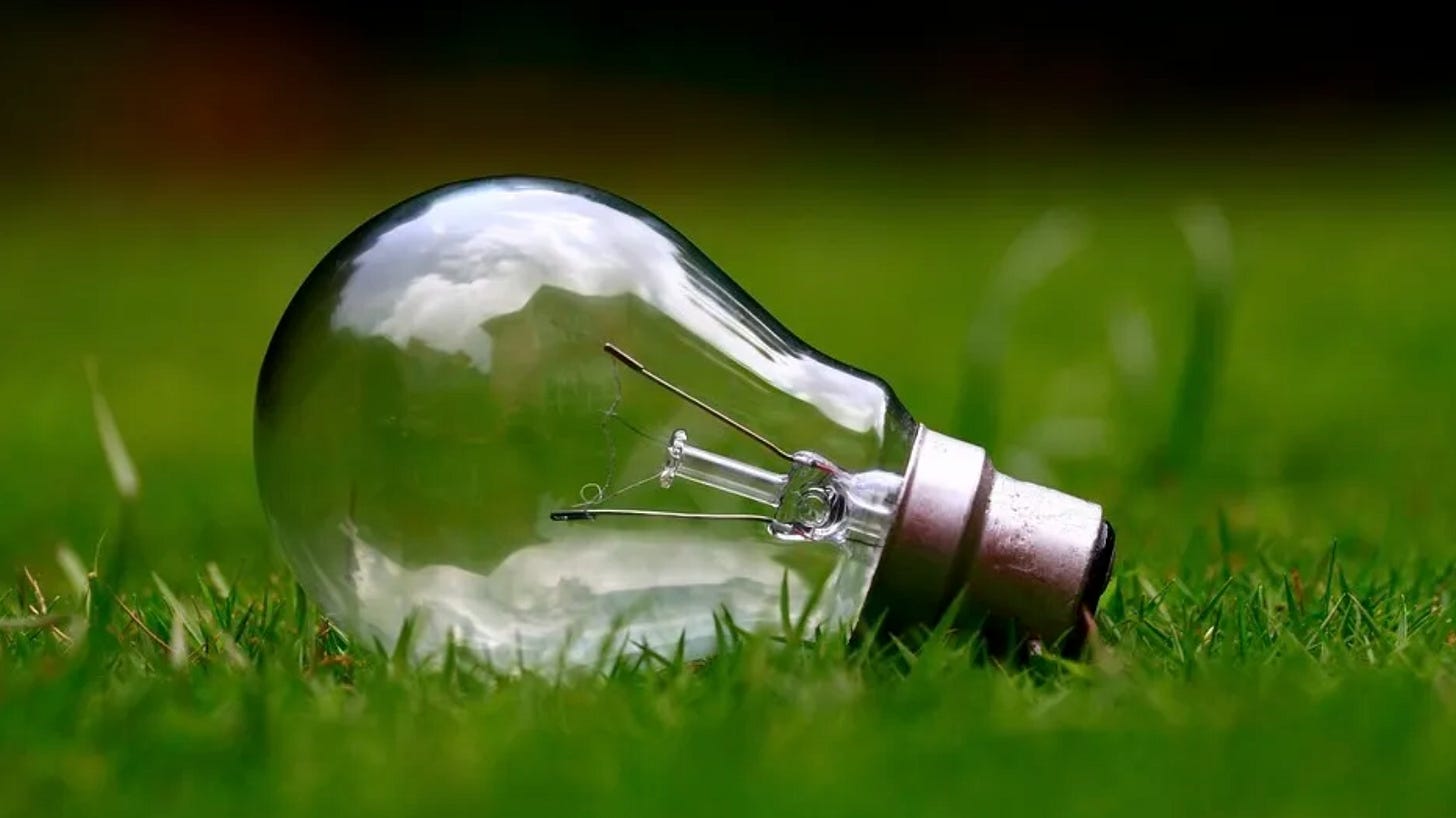Green Lights May 23: Top stories this week
Don't miss a single story from the best of Callaway Climate Insights.






. . . . Welcome back to Green Lights. Here’s our roundup of the best of Callaway Climate Insights. This week, David Callaway dissects the Senate bill designed to undermine more than just California’s EV mandate, and Bill Sternberg lays out the consequences of the White House cuts to federal weather mapping and disaster relief efforts right at the start of hurricane season. We hope you have a good Memorial Day weekend. Please subscribe to support our climate finance journalism.
. . . . The U.S. Senate on Thursday followed through on its threat to revoke California’s rule mandating all cars sold in the state be electric by 2035, setting a dangerous federal legal precedent on state’s rights and impacting at least 11 other states representing 40% of the existing EV market. But, David Callaway writes, the sinister intent behind the passage — to keep fossil fumes pouring into the atmosphere for as long as possible — is doomed to fail. Ultimately, it will fall victim to market trends as EV prices come down and technology improves.
. . . . Hurricane season in the U.S. is predicted to be worse than average when it starts June 1. And that’s before the turmoil expected by the White House cuts to federal weather mapping and disaster relief efforts, writes Bill Sternberg. The lack of federal assistance is expected to hit hardest in the most hurricane-prone states, which coincidentally are the red states of Florida, Alabama, Louisiana, and Texas that all supported President Trump’s bid for re-election.
. . . . Wind companies and their investors are celebrating after N.Y. Gov. Kathy Hochul said the White House agreed to allow the largest wind project for electricity directly to NYC to restart in apparent exchange for state approval of a gas pipeline project. The headlines jolted wind stocks in Europe as investors quickly speculated that President Donald Trump’s insatiable desire for deals will extend to the wind industry he purports to hate.
. . . . Cost is the essential driver in consumer choices, new research highlights. But another key finding in the survey of 10,000 consumers in 10 countries by Economist Impact is that consumers don’t see environmental impact or carbon footprint as a top priority in their own actions. David Callaway says only clean technologies that can scale and grab energy market share because of their cost are going to succeed in the marketplace, and only then can we expect any real momentum in executing an energy transition.
. . . . The European Commission and the UK’s Labour government, which has been looking for creative ways to reset economic ties with Europe five years after Brexit tore them apart, said this week they will combine their carbon trading markets to help simplify the business of raising money from corporate emissions. As direct air capture startups reset into more realistic components of the clean energy world, the news that the three major carbon trading markets are all investing for the long term is welcome indeed.
. . . . In honor and recognition of all of our fallen service members, Americans are called upon to observe Memorial Day as a day of prayer for permanent peace. It was originally called Decoration Day at the end of the Civil War. It was formalized by a “Memorial Day Order” issued by Grand Army of the Republic Commander-in-Chief John A. Logan in 1868. Read more from the U.S. Dept. of Veteran Affairs.
Find Memorial Day observances near you.
More greenery . . . .
And climate change: Cheese in the time of industrial farming (Eos)
Switch on the grill: Electric grills are a climate-friendly option to fossil fuel grills (NPR)
As the oceans warm: Clownfish shrink to survive stress of marine heat waves (Euronews)
Beer today, gone tomorrow: Brewers face climate-change pressures (Just Drinks)
Honey, honey: A sweet solution for adapting to climate change (UNEP)








wow...much wishful thinking in the green climate space... its forget the facts about no climate emergency ..just double down on the narrative.